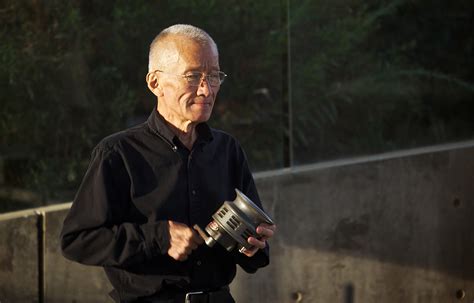A Quote by Kumar Sanu
If LPs were replaced by cassettes and then audio cds and now digital media... That is inevitable. No point in lamenting.
Related Quotes
I grew up in the time just when cassettes were waning and CDs were growing. And so mix tapes - and not mix CDs - mix tapes were an important part of the friendship and mating rituals of New York adolescents. If you were a girl and I wanted you - to show you I like you, I would make you a 90-minute cassette wherein I would show off my tastes. I would play you a musical theater song next to a hip-hop song next to an oldie next to some pop song you maybe never heard, also subliminally telling you how much I like you with all these songs.
I work with digital audio, which is like sculpting, a form of chiseling down metal or wood. And I take audio and move it back and forth between the analog and digital realms and work with it almost like a plastic art until it takes forms in different shapes. And I use those figurines that come out of that type of work.
PR got to be much bigger because of the emergence of digital media. Now we have hundreds of people who are, in a sense, manning embassies for Facebook and Twitter for brands. So the business in effect has morphed from pitching stories to traditional media, to working with bloggers, Twitter, Facebook and other social media, and then putting good content up on owned websites.
If old consumers were assumed to be passive, then new consumers are active. If old consumers were predictable and stayed where you told them, then new consumers are migratory, showing a declining loyalty to networks or media. If old consumers were isolated individuals, then new consumers are more socially connected. If the work of media consumers was once silent and invisible, then new consumers are now noisy and public.



































